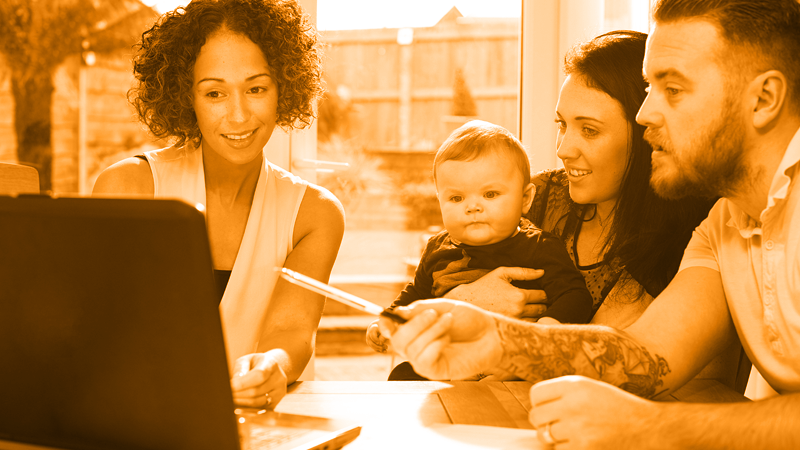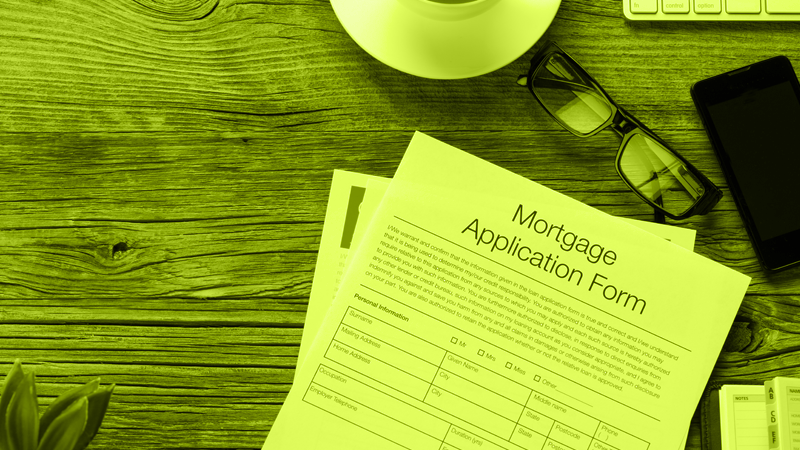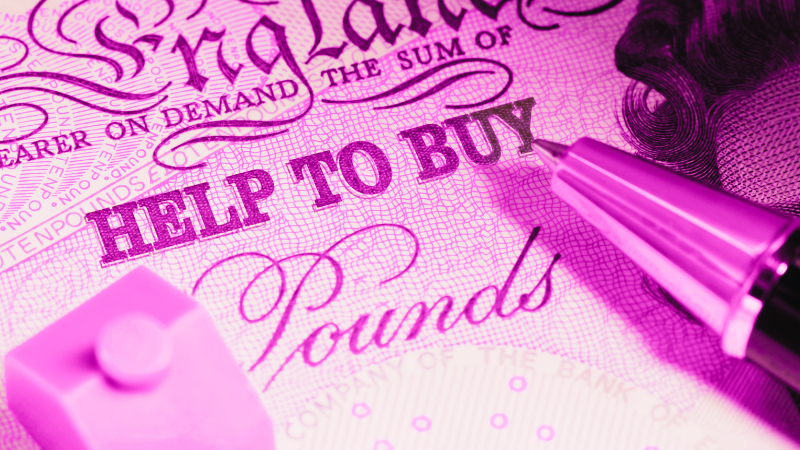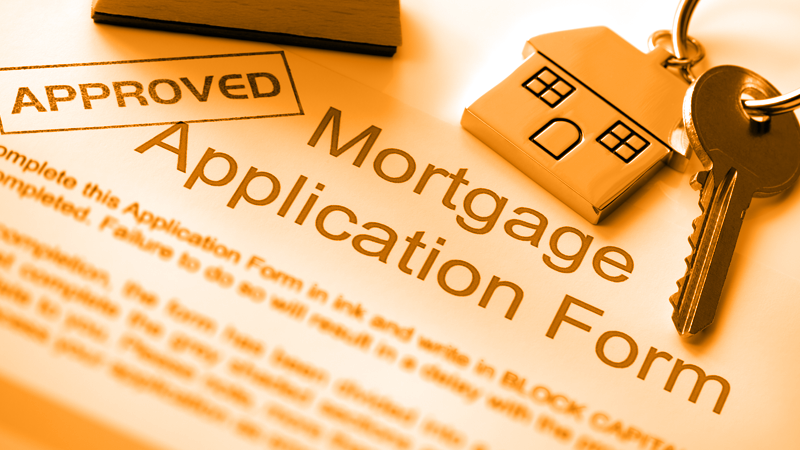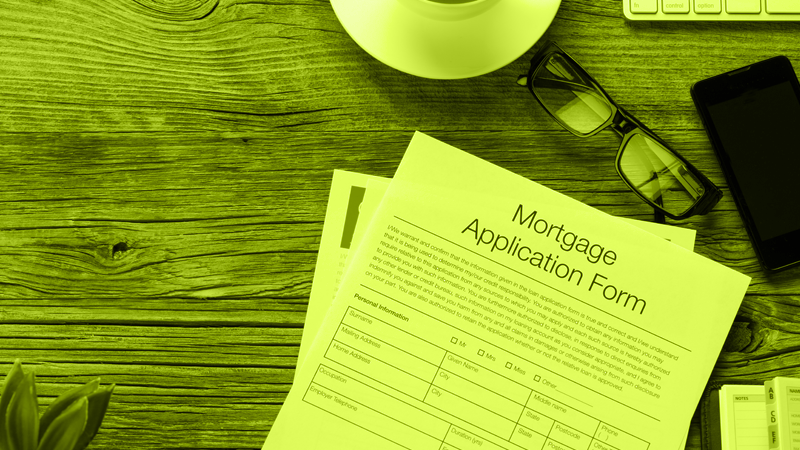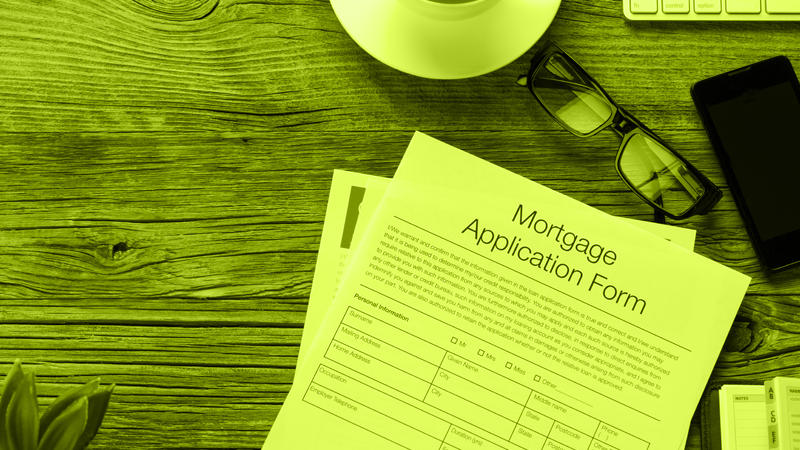Are you considering buying your first home? Navigating the process of getting your first mortgage can feel overwhelming, with statistics showing close to 50% of first-time buyers make two or more offers before being accepted.
Careful planning and knowing what to expect can make the process less stressful and give you the best possible chance of success.
This guide presents everything you need to know about how to get your first mortgage in the UK to help you get started on the property ladder.
What is A First Time Buyer’s Mortgage?
First-time buyer mortgages are designed for people looking to buy a home for the first time. You’re generally considered a first-time buyer if you’ve never owned a property anywhere worldwide, meaning you must not have owned your home or a buy-to-let property, with or without a mortgage.
Lenders will not consider you a first-time buyer if you’ve inherited a home, even if you never lived there. You’ll also be excluded if you’re buying a property with someone who owns or previously owned a house or a guardian or parent who already owns a property is purchasing the home for you.
Commercial properties don’t count, so you’ll still qualify as a first-time buyer when buying a home if you own or have owned an office, workshop, shop, or warehouse.
How Can You Get Your First Mortgage in the UK?
The process of getting your first mortgage involves several stages. These include
Step 1: Determining How Much You Can Borrow
Find out how much you can borrow by looking at your income, regular spending, and any debts. Many providers allow you to borrow 4 to 4.5 times your income, provided you meet their affordability criteria, which usually considers your debt-to-income ratio.
Other factors that can affect how much lenders are willing to lend to you include your credit score, savings, monthly outgoings, and type of employment or profession.
Step 2: Save A Deposit
The deposit is the amount you put down as part of the property’s purchase price, and it will affect how much of a mortgage loan you’ll need. You’ll need a minimum deposit of 5% of the property’s price among most lenders.
A high deposit will make accessing the best deals with lower rates easier. A lower deposit will make you look riskier since the mortgage will cover more of the property’s total price.
Step 3: Get A Decision in Principle
After working out how much you can borrow and saving the deposit, get a decision in principle (DIP) and start looking at properties. A DIP is also called an agreement in principle. It gives you an idea of the type of property you could purchase, but it’s not a guaranteed mortgage offer.
The DIP involves looking at your income and performing a soft credit check. It lasts 30 to 90 days and helps show sellers and agents that you’re a serious buyer. Most will only arrange viewing once you have a DIP.
Step 4: Make an Offer
Once you find a property you want to buy, make an offer to the seller. Compare the price to the cost of other houses for sale in the area and decide on the maximum amount you can pay using the decision in principle.
Step 5: Apply for a Mortgage
You can make a formal mortgage application once your offer has been accepted. The lender will review affordability by examining your income and outgoings and conducting a hard credit check. The lender can also perform a stress test to determine if you can keep up with mortgage payments if something changes in the future.
Keep all your documents handy when applying for a mortgage. These can include:
- Proof of ID
- Proof of address, like your utility bills
- Proof of income like payslips or bank statements from the last three to six months or 2-3 years of certified self-employment accounts
- Your P60 tax form
- Evidence of your deposit
Step 6: Valuation and Conveyancing
Most lenders will complete their valuation of the property you’re buying to ensure it’s worth the purchase price. It’s worth getting your surveyor to inspect and survey the property and identify any issues or defects that may cost you more later.
You’ll also need to find a conveyancer or solicitor who will ensure all the legalities of buying a house are met.
It can include contacting the seller’s solicitor and checking their documents, performing local authority and drainage searches of the property, and checking the mortgage offer.
Step 7: Contract Exchange and Completion
After getting the mortgage offer and completing the legal work, your solicitor will exchange the contract with the seller’s solicitor, pay your deposit, and agree on a completion date.
The solicitor will arrange for the funds to be transferred from the mortgage lender to the seller on the completion day, and then you’ll get the keys to your new home.
Can You Use a Government Scheme on Your First Mortgage?
Yes! The UK government offers various home ownership schemes to make getting onto the housing ladder easier. These include:
- Shared Ownership – The shared ownership scheme makes it easier to buy a home if you’re finding it challenging to save a deposit for a home that meets your needs. The share you can buy can range from 10% to 75% of the home’s market value. You’ll then pay rent on the remaining share.
- First Home’s Scheme – The first home’s scheme allows first-time buyers to buy a house for 30% or 50% less than its market value. The scheme is only available in England, and you can use it to buy newly built homes or a home someone else previously purchased through the scheme.
Final Thoughts
Getting your first mortgage can be smooth with the proper guidance and preparation.
Consulting a mortgage advisor or broker with knowledge and experience in arranging mortgages for first-time buyers can help take the pressure off and increase your chances of success with an affordable mortgage that’s right for you.
Call us today on 03330 90 60 30 or contact us to speak to one of our friendly advisors.
Sources and References
- https://www.statista.com/statistics/1250285/first-time-buyer-mortgage-experience-uk/



